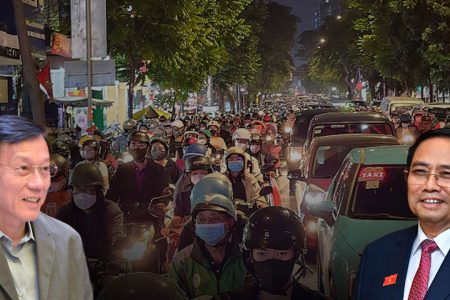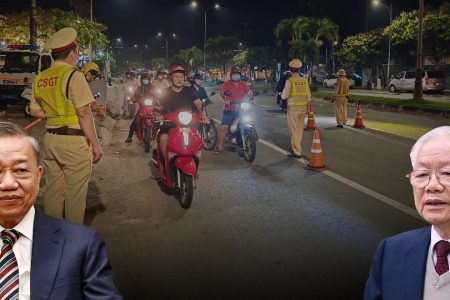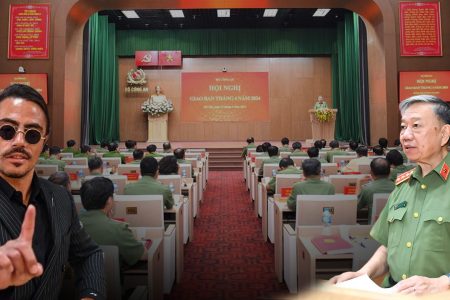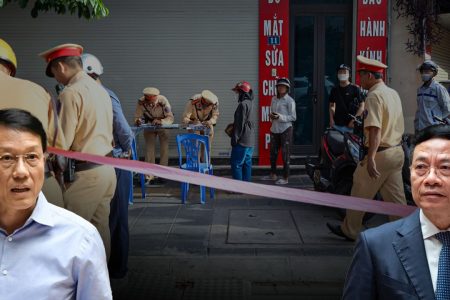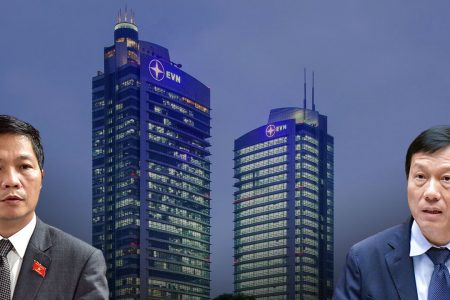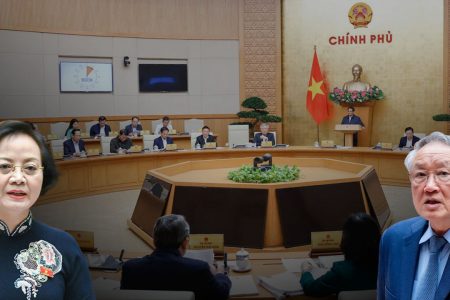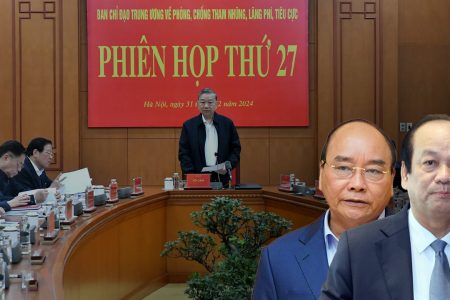
In Vietnam, every year, the budget has to spend hundreds of thousands of billions of dong on operating public cars. This is a burden while the public debt situation is at an alarming level. Furthermore, state budget expenditures for social security services such as education and healthcare are seriously lacking. The lack of hospitals and schools is common in most provinces and large cities.
An article in the News newspaper on April 29, 2018, raised the issue that “public vehicles are consuming a lot of budget.” According to calculations by the Ministry of Finance, at that time, the whole country had nearly 40,000 public vehicles, serving general activities at agencies, units, and the Party and state apparatus. The average cost to “maintain” each public vehicle is up to VND223 million /vehicle/year.
Recently, on September 25, the Vietnamese Government issued Decree No. 72 on increasing money for purchasing public cars for officials and officials. According to the new regulations, officials that are allowed to regularly use a car, even when retired from work, are not regulated on the price of the car, including: General Secretary, President, Prime Minister, Chairman of the National Assembly.
From November 10, a number of officials and officials who are allowed to use public cars will have their purchase price increased, compared to the old level of about VND340 million, an increase of about 35-45%. In addition, there are a number of special positions allowed to use cars with an additional price increase of up to VND500 million, compared to 2019 regulations. Particularly in Hanoi and Saigon, the positions of deputy city party secretary, chairman of the People’s Council and the chairman of the People’s Committee can also use a car worth VND1.55 billion.
The Labor Newspaper on March 24 quoted a report from the National Assembly Standing Committee as saying that each year, out of a total of more than 50,000 public vehicles, nearly 7,000 vehicles are used for the wrong purpose and against standards. A typical story happened in early 2019, Minister of Industry and Trade Tran Tuan Anh, now a member of the Politburo and Head of the Central Economic Commission, mobilized the Minister’s public vehicle to enter Noi Bai airport to pick up his wife.
After that, under strong pressure from public opinion, Mr. Tran Tuan Anh sent a written apology to the press, saying that at the time the above incident occurred, he had to be treated at the hospital, so he did not know who did send a car to pick up his wife. At that time, Vietnamese social networks were angry about this, and also showed evidence that Minister Tran Tuan Anh’s wife lived an extravagant and wasteful life, compared to the Minister’s salary of only about VND17million/month.
The social network gave an estimate, according to which it would cost the state money to “support” 50,000 public vehicles, with maintenance costs, gasoline… then the state budget would have to spend about over $500 million a year.
Now, the new Decree 72 increases the cost of equipping public cars for officials and officials, so maintenance costs are even higher.
Tuoi Tre online newspaper recently had to ask the question, the whole country has 63 provinces and cities. In current conditions, public transportation is developed, roads are much better than before. Why do we need 50,000 public vehicles? And is it necessary to have such a large number of public vehicles?
Dan Tri newspaper also recently said that public vehicles in Vietnam suffer from a common situation: they use state-owned gasoline and the driver is also a state employee… That is why public vehicles are always used wrongly. And 60% of public vehicle use is for personal purposes. As a result, each year, the state spends an estimated VND13 trillion-VND15 trillion on public vehicles nationwide.
In the current situation of budget overspending and public debt piling up in Vietnam, measures to prevent waste in the use of public vehicles are extremely necessary. Does the Communist government want to solve this problem or not, when they always put the people out of their policy decisions?
Thoibao.de (Translated)







